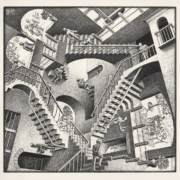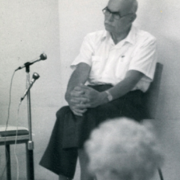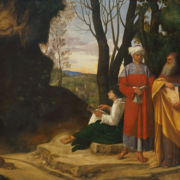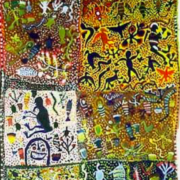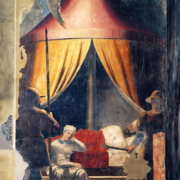Thinking the Institution
Abstract
This essay focuses on three topics. The first is related to a particular aspect of the relationship between individuals and the institution. The institution may or may not provide the individual with an image (mirroring) suited to for his/her needs and responsibilities. This image and its possible failings have an impact not only on professional identity, but also on deep, fundamental aspects of the self. The second topic concerns the triangular relationship between the individual, small groups and the institution. Between the individual and the institution, a small group of friends and colleagues may find space. This small group has different functions to those of the institution, yet can take over those functions if the institution fails to Read more

